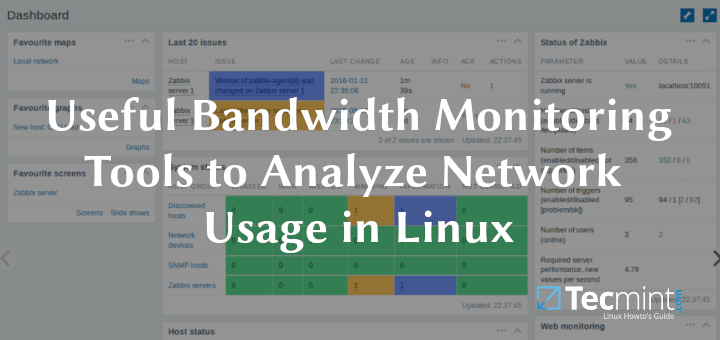

Under the Communications Assistance For Law Enforcement Act, all U.S. Computer technology is needed to perform traffic analysis and sift through intercepted data to look for important/useful information. A packet capture appliance intercepts these packets, so that they may be examined and analyzed. Data sent between computers over the Internet or between any networks takes the form of small chunks called packets, which are routed to their destination and assembled back into a complete message. Packet capture (also known as "packet sniffing") is the monitoring of data traffic on a network.

For example, in the United States, the Communications Assistance For Law Enforcement Act mandates that all phone calls and broadband internet traffic ( emails, web traffic, instant messaging, etc.) be available for unimpeded, real-time monitoring by Federal law enforcement agencies.

The vast majority of computer surveillance involves the monitoring of personal data and traffic on the Internet. The hacktivist group Anonymous has hacked into government websites in protest of what it considers "draconian surveillance". Such fear has led to numerous lawsuits such as Hepting v. Many civil rights and privacy groups, such as Reporters Without Borders, the Electronic Frontier Foundation, and the American Civil Liberties Union, have expressed concern that increasing surveillance of citizens will result in a mass surveillance society, with limited political and/or personal freedoms. With the advent of programs such as the Total Information Awareness program, technologies such as high-speed surveillance computers and biometrics software, and laws such as the Communications Assistance For Law Enforcement Act, governments now possess an unprecedented ability to monitor the activities of citizens. Surveillance allows governments and other agencies to maintain social control, recognize and monitor threats or any suspicious activity, and prevent and investigate criminal activities. Computer and network surveillance programs are widespread today and almost all Internet traffic can be monitored. It may or may not be legal and may or may not require authorization from a court or other independent government agencies. This monitoring is often carried out covertly and may be completed by governments, corporations, criminal organizations, or individuals. Main articles: Surveillance, Mass surveillance, and Global surveillanceĬomputer and network surveillance is the monitoring of computer activity and data stored locally on a computer or data being transferred over computer networks such as the Internet.


 0 kommentar(er)
0 kommentar(er)
